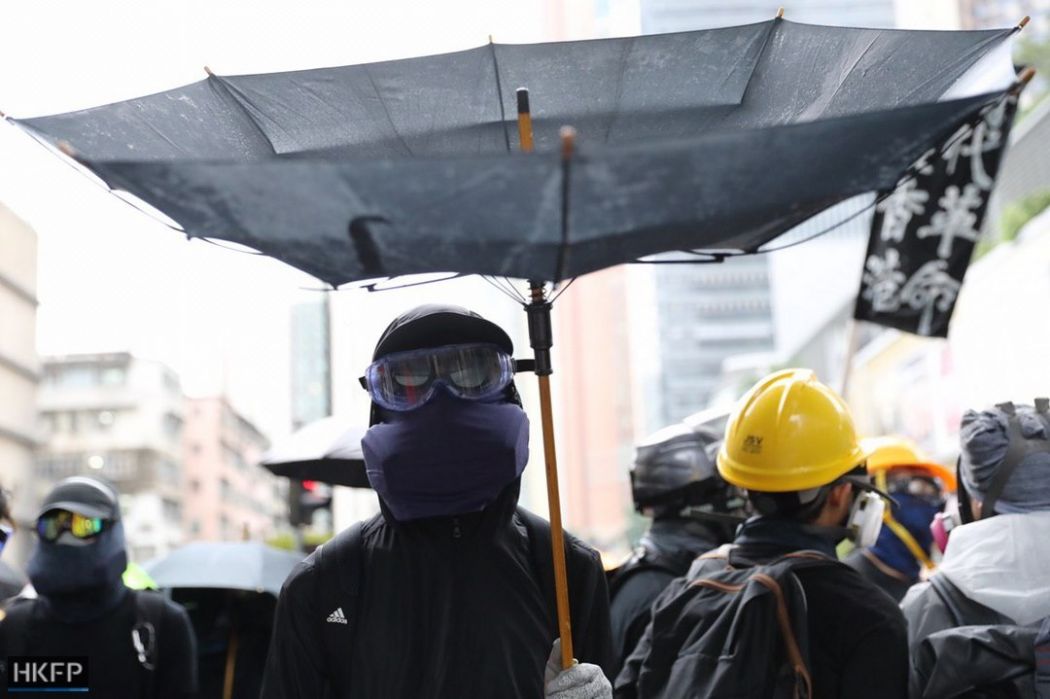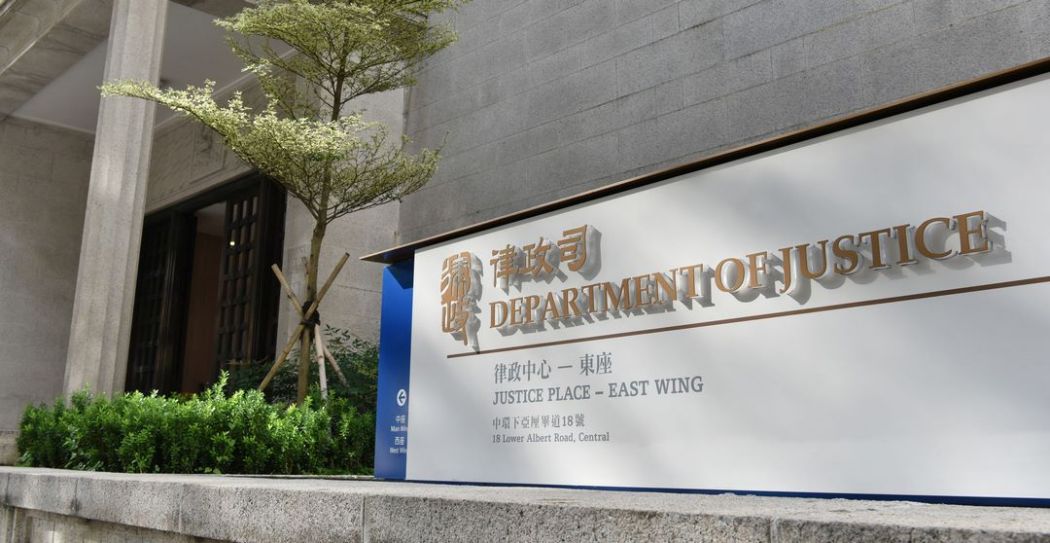Secretary for Justice Teresa Cheng said on Wednesday that the government has been studying the possibility of enacting emergency legislation as well as a law that would ban protesters from wearing masks.
The Hong Kong government was first rumoured to be considering the Emergency Regulations Ordinance late last month. The legislation could grant the city’s leader and her council of advisors wide-ranging powers to “make regulations on occasions of emergency or public danger.”

Cheng confirmed the reports but did not elaborate: “The use of the Emergency Regulations Ordinances requires a consideration of many factors and influences. This is something we are continuing to study to deal with the situation in Hong Kong.”
Major pro-Beijing parties the DAB and the Federation of Trade Unions also proposed last week that the government should ban masks at protests. The pro-establishment camp made similar calls in the aftermath of the 2016 unrest in Mong Kok.
“As for the law banning masks, we have heard many opinions on this as [the law] has been brought up before these few months. On this point, we are also conducting legal research,” Cheng said on Wednesday.

The proposal to enact emergency legislation was met with alarm from the pro-democracy camp, who said it would be “disproportionate” and “akin to martial law.”
Democratic Party lawmaker James To said that the ERO was a “suppressive law” from the colonial-era that granted the chief executive unlimited power – allowing for arrests, detention, curfews, deportations, media censorship and property seizure.
Critics have also said the use of ERO may have dire economic implications, though Secretary for Commerce and Economic Development Edward Yau said that the law would not affect economic activity as it provided a “stable and peaceful environment.”

Cheng on Wednesday dodged a question over whether the ERO, if used, would affect Hong Kong’s status as an international arbitration centre.
Since June, large-scale protests against the soon-to-be-withdrawn extradition bill have morphed into sometimes violent displays of dissent over Beijing’s encroachment, democracy, alleged police brutality, surveillance and other community grievances.
Demonstrators continue to demand a complete withdrawal of the bill, a fully independent probe into police behaviour, amnesty for those arrested, universal suffrage and a halt to the characterisation of protests as “riots.”

The latest opinion polls from the Hong Kong Public Opinion Research Institute showed that Cheng’s approval rating was at 17.7 points, a record low for her and the lowest among the principal officials.
Cheng said she will “continue to work hard to serve the public,” and said her department would carry out prosecutions independently and impartially.
More protests are planned for this weekend, including one on Sunday organised by the Civil Human Rights Front. It has yet to receive police approval.
Hong Kong Free Press relies on direct reader support. Help safeguard independent journalism and press freedom as we invest more in freelancers, overtime, safety gear & insurance during this summer’s protests. 10 ways to support us.

